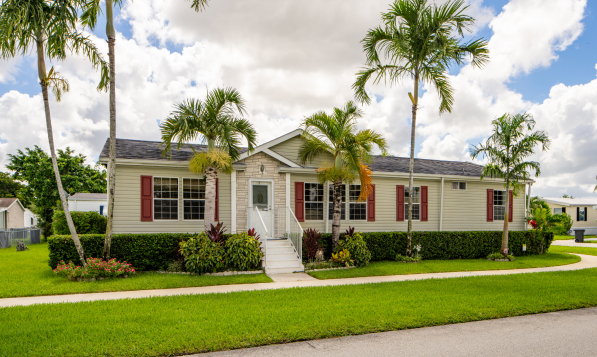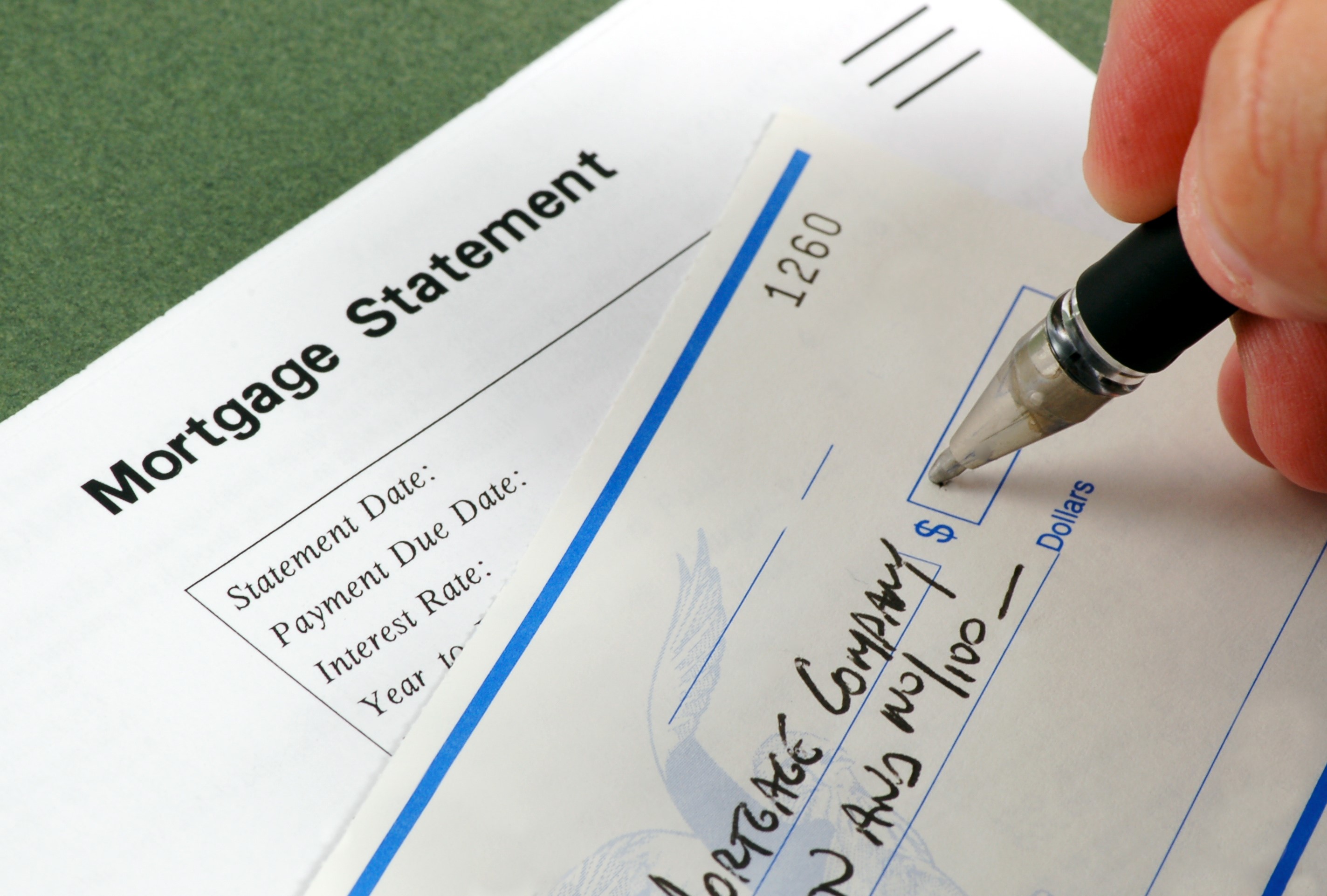Manufactured vs. Modular Homes
When it comes to residential construction, there is a wide range of housing options to suit different needs and preferences. Among these...

FHA loans are insured by the Federal Housing Administration but funded by private lenders. This allows lenders to offer products outside of standard conventional loans, which in turn opens the possibility of homeownership to more people.
They are reserved for primary residences and can be used to finance most property types, including single-family homes and condos. FHA Loans are more forgiving than conventional loans concerning credit score and down payment, and benefit many borrowers otherwise struggling to qualify for a loan.
The 203(b) is the standard FHA Loan. They’re ideal for borrowers with low credit scores and/or little money for a down payment, though credit score may influence your required down payment. A credit score 580 or higher will require a 3.5% down payment. A credit score between 500-579, however, will require a 10% down payment. Either way, you can expect lower credit-related fees with an FHA loan.
An FHA loan is also more forgiving of major credit issues, including bankruptcy. You will still need to get the bankruptcy discharged, but FHA underwriting guidelines do not require as long a waiting period between discharge and when you may qualify for a new loan. CapCenter requires a minimum 620 credit score on all loan products, including FHA loans.
FHA loans require two types of mortgage insurance, up-front and monthly. Up-front mortgage insurance, sometimes referred to as a funding fee, will be equal to 1.75% of the total loan amount, so it could be significant depending on the price of the house you’re buying.
Unfortunately, paying up-front mortgage insurance does not relieve borrowers of monthly mortgage insurance. The good news is that monthly mortgage insurance on an FHA loan will always be assessed at a fixed rate instead of being dependent of your debt-to-income ratio, credit or any other criteria. The bad news is, depending on the down payment, monthly mortgage insurance could last the entire life of the loan.
If you are considering refinancing your FHA loan, you may want to consider an FHA Streamline loan. To apply, you just need a current, FHA-insured mortgage and a goal. Your lender will have to show the net tangible benefit of your refinance. What qualifies as a net tangible benefit will depend on the terms of your current mortgage compared to the new terms of the refinance. That said, most of the time it comes down to securing a lower interest rate, a lower monthly payment, or switching from an adjustable rate to a fixed rate.
The “Streamline” refers primarily to the amount of documentation and underwriting required to process and approve your application. It does not necessarily refer to cash at closing or cash out of pocket, and a Streamline refinance will still require up-front mortgage insurance (MIP). If a lender offers a “no-cost” Streamline, you may avoid paying up-front MIP, but instead pay for it with your interest rate being a little higher. You can, however, find a zero closing cost lender, like CapCenter, to avoid the extensive processing costs charged by other lenders.
*Note: The FHA prohibits any cash-out options with Streamline refinance.
The FHA offers a handful of unique products. An FHA Section 245(a) Loan is a Graduated Payment Mortgage that allows payments to start low and increase over time for borrowers expecting to make a higher salary in the future. There are also renovation options in the 203(k) as well as an FHA Energy Efficient Mortgage, which is essentially the 203(k) with a focus on reducing utility bills. There is also a reverse mortgage program that allows borrowers to convert their home equity. Each program has its own unique underwriting considerations, though all build off of the FHA Standard 203(b) loan.
*Note: CapCenter only offers the FHA 203(b)

When it comes to residential construction, there is a wide range of housing options to suit different needs and preferences. Among these...

As a first-time home buyer, there can be so many new concepts, options, and terms flying around, it can sometimes feel a bit overwhelming. And...

As a first-time home buyer, there can be so many new concepts, options, and terms flying around, it can sometimes feel a bit overwhelming. And...

H omeownership is a great way to build wealth and work toward financial security. The housing market itself is a large driver of the overall...

Upon starting the application process for a mortgage loan, there are documents a lender will need from you in order to process your loan...

Thecredit scoreyou need to buy a house depends on a few things, including the lender you apply to and the loan program you apply for. An FHA loan,...